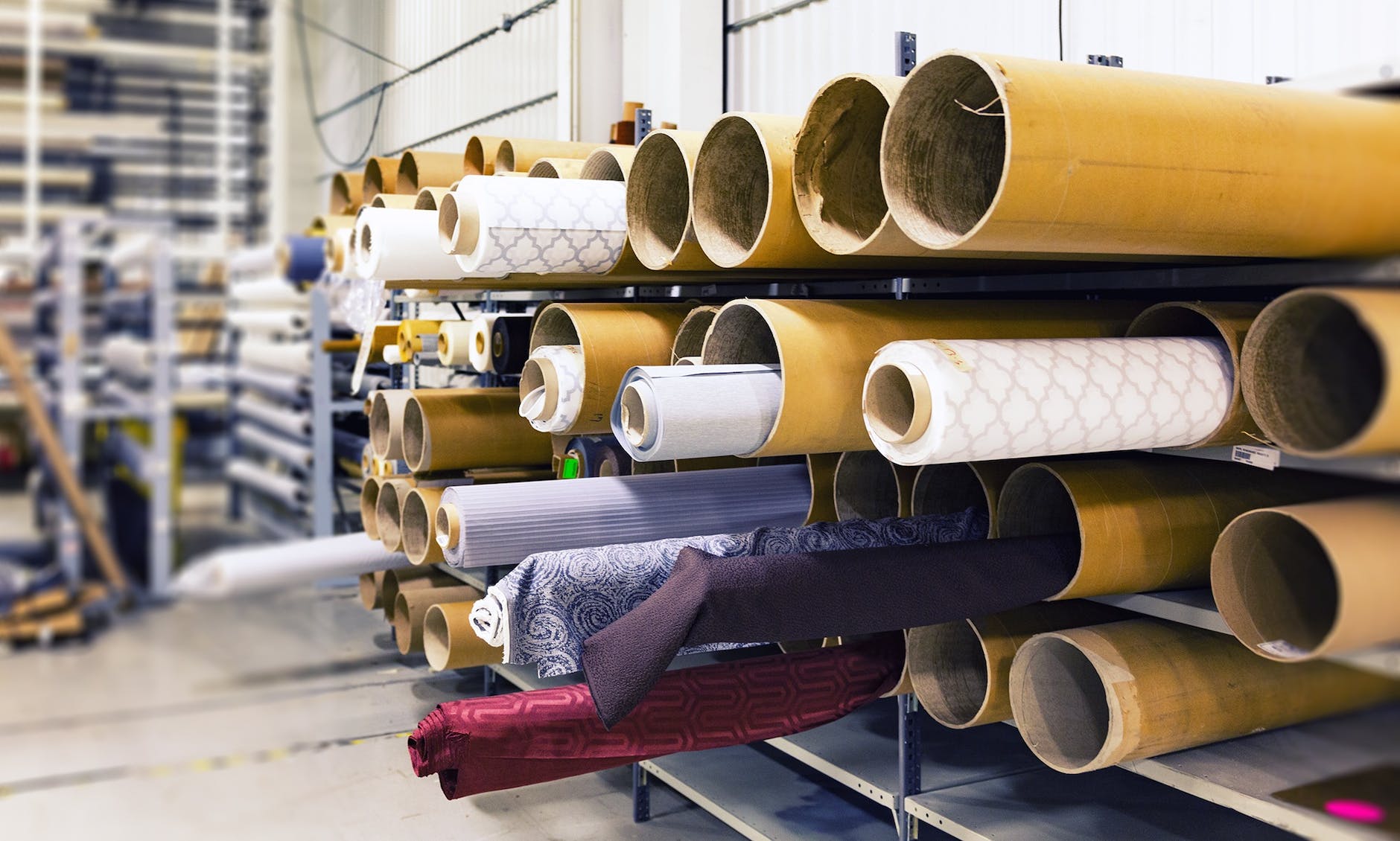
Manufacturing Industry
In today’s rapidly evolving world, the manufacturing industry is experiencing significant transformations driven by technological innovations. From automation to artificial intelligence, these advancements are revolutionizing the way products are designed, produced, and delivered.
In this article, we will explore several tech innovations that are benefiting the manufacturing industry and discuss their impact on efficiency, quality, cost reduction, and safety. We will also delve into the application of a remarkable technology called the single nozzle valve gate in manufacturing processes.
Technological Advancements in the Manufacturing Industry
The following are the most recent technological advancements in the manufacturing industry:
Automation and Robotics
Automation and robotics have emerged as game-changers in the manufacturing sector. Robotic systems can perform repetitive tasks with precision, speed, and consistency, freeing up human workers to focus on more complex and creative endeavors.
From assembly lines to material handling, robots have revolutionized various aspects of manufacturing, resulting in increased efficiency and reduced production costs.
Internet of Things (IoT) and Industry 4.0
The Internet of Things (IoT) has enabled seamless connectivity and data exchange between machines, devices, and systems in the manufacturing environment.
By harnessing IoT capabilities, manufacturers can monitor and control production processes in real time, optimize equipment performance, and enable predictive maintenance.
Artificial Intelligence (AI) and Machine Learning
Artificial Intelligence (AI) and Machine Learning (ML) algorithms have revolutionized decision-making and problem-solving in manufacturing.
AI-powered systems can analyze vast amounts of data, identify patterns, and make intelligent recommendations to optimize production efficiency.
Augmented Reality (AR) and Virtual Reality (VR)
Augmented Reality (AR) and Virtual Reality (VR) technologies are transforming the way manufacturers design, prototype, and train their workforce. AR allows technicians to overlay digital information onto the physical environment, facilitating maintenance, repair, and assembly tasks.
VR creates immersive simulations that enable virtual prototyping, training simulations, and design visualization, reducing time-to-market and enhancing collaboration.
Additive Manufacturing and 3D Printing
Additive Manufacturing, commonly known as 3D printing, has revolutionized prototyping, customization, and small-scale production in the manufacturing industry. This technology enables the creation of complex geometries, reduces material waste, and offers faster production cycles.
The ability to rapidly iterate designs and manufacture on demand has opened up new possibilities for product innovation and customization.
Single Nozzle Valve Gate
One notable technological innovation in manufacturing is the single nozzle valve gate. This advanced gating system allows for precise control of the flow of molten plastic during injection molding processes. It ensures consistent fill, reduces part defects, and enhances overall product quality.
By optimizing the injection molding process, single nozzle valve gate technology enables manufacturers to produce high-quality, complex plastic components efficiently.
Benefits of Tech Innovations in Manufacturing
Image by Hands off my tags! Michael Gaida from Pixabay
The integration of these tech innovations brings numerous benefits to the manufacturing industry:
Increased Efficiency and Productivity
The technology significantly improves efficiency and productivity by automating repetitive tasks, optimizing production processes, and enabling real-time monitoring. Manufacturers can achieve higher output levels, reduce downtime, and minimize errors, leading to increased overall operational efficiency.
Improved Quality Control
Technological advancements enable manufacturers to implement robust quality control measures. AI algorithms can detect anomalies and defects, ensuring that only products meeting stringent quality standards reach the market. Real-time monitoring and data analytics help identify issues early on, reducing waste and enhancing product reliability.
Cost Reduction
Efficiency gains and process optimization result in substantial cost reductions. Automation reduces labor costs, while predictive maintenance minimizes machine downtime. Additive manufacturing reduces material waste, and data-driven insights enable better inventory management. These cost-saving measures contribute to increased profitability and competitiveness.
Enhanced Safety Measures
Technology-driven solutions enhance workplace safety by automating hazardous tasks, providing real-time alerts, and facilitating training through virtual simulations. Collaborative robots (cobots) work alongside human workers, reducing the risk of accidents and injuries. Improved safety measures foster a healthier work environment and reduce liabilities.
Streamlined Supply Chain Management
Technological innovations improve supply chain visibility and traceability. IoT sensors and data analytics optimize inventory management, reduce stockouts, and enable just-in-time production. Blockchain technology ensures transparent and secure transactions, minimizing the risk of counterfeit products and enhancing trust between stakeholders.
Case Studies of Successful Implementation
Let’s explore a couple of case studies where tech innovations have made a significant impact on the manufacturing industry:
Automotive Industry
Leading automotive manufacturers have embraced robotics and automation to optimize production lines, increase efficiency, and enhance safety. The use of IoT sensors and AI algorithms enables predictive maintenance, ensuring uninterrupted production. Augmented reality is utilized for training technicians and improving assembly accuracy.
Aerospace Industry
In the aerospace industry, additive manufacturing has revolutionized the production of complex components, reducing weight and enhancing fuel efficiency. AI-powered algorithms analyze sensor data to detect anomalies in aircraft performance, enabling proactive maintenance and reducing downtime.
Pharmaceutical Industry
Pharmaceutical companies have leveraged technology to improve the efficiency and safety of drug manufacturing processes. Automation systems ensure precise dosage and reduce human errors. IoT-enabled supply chain management enhances traceability, ensuring the integrity of pharmaceutical products.






